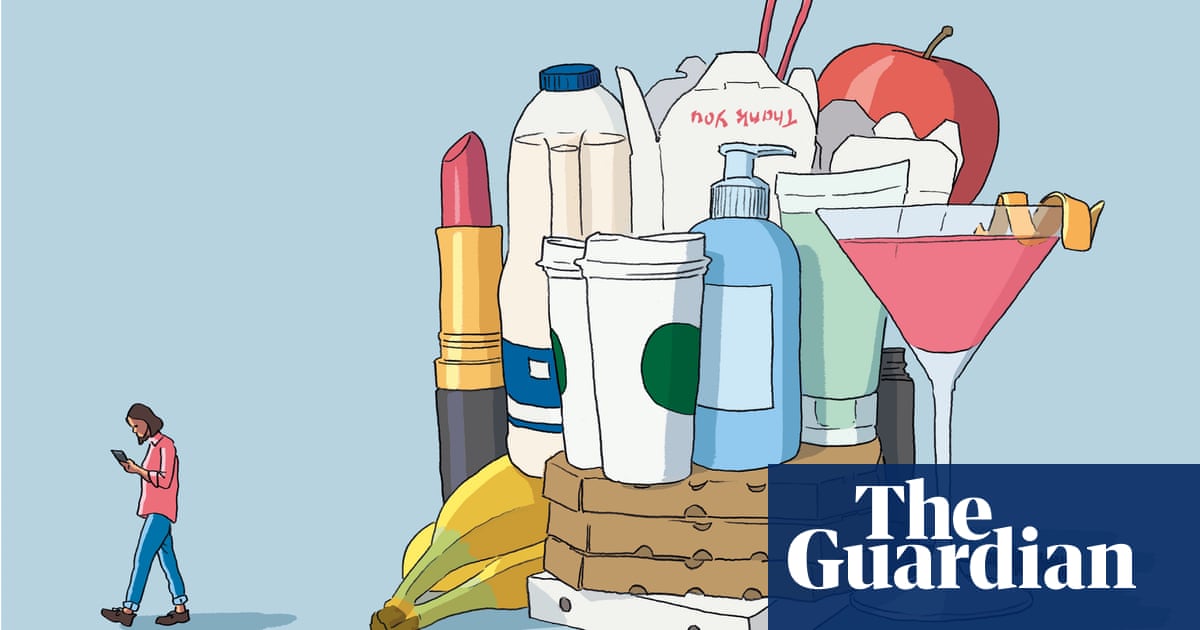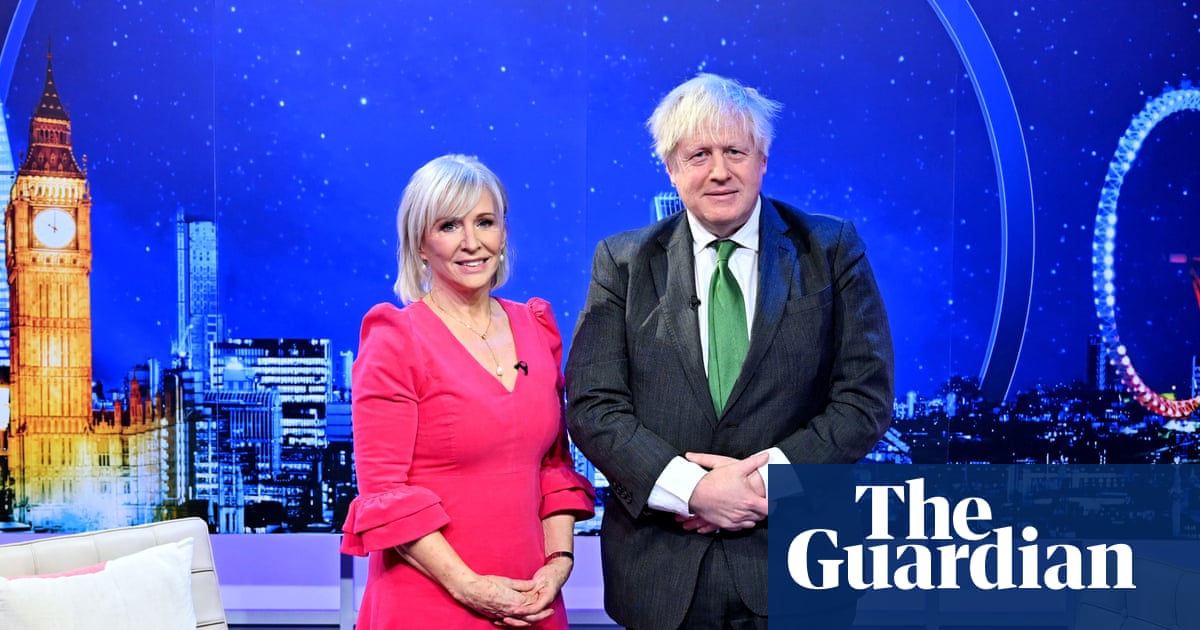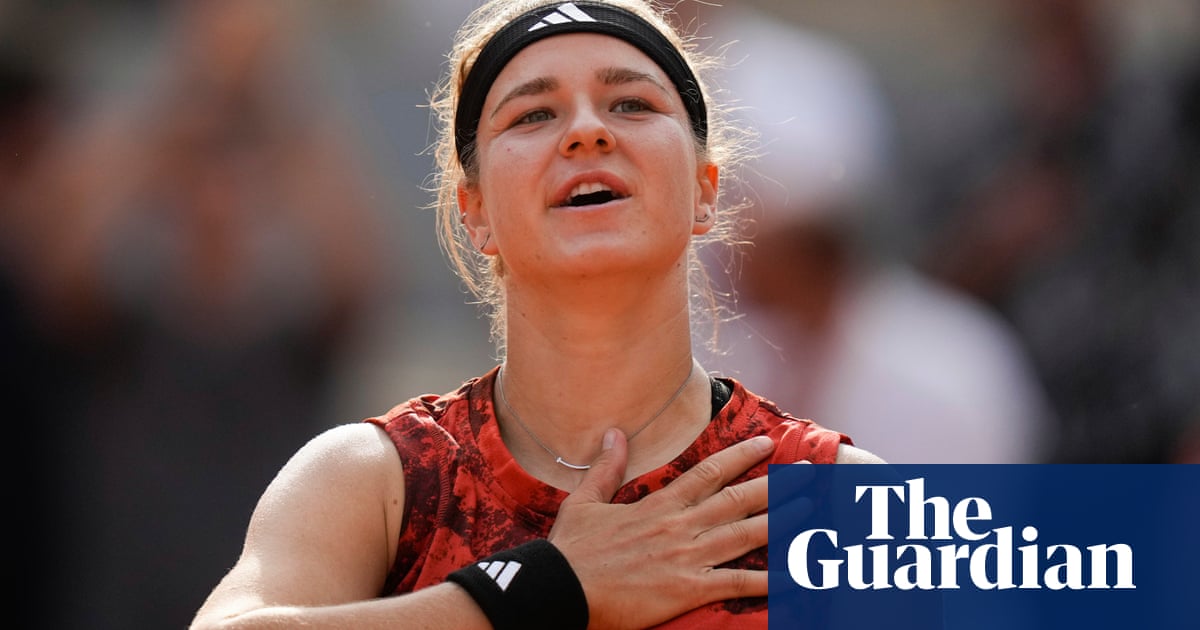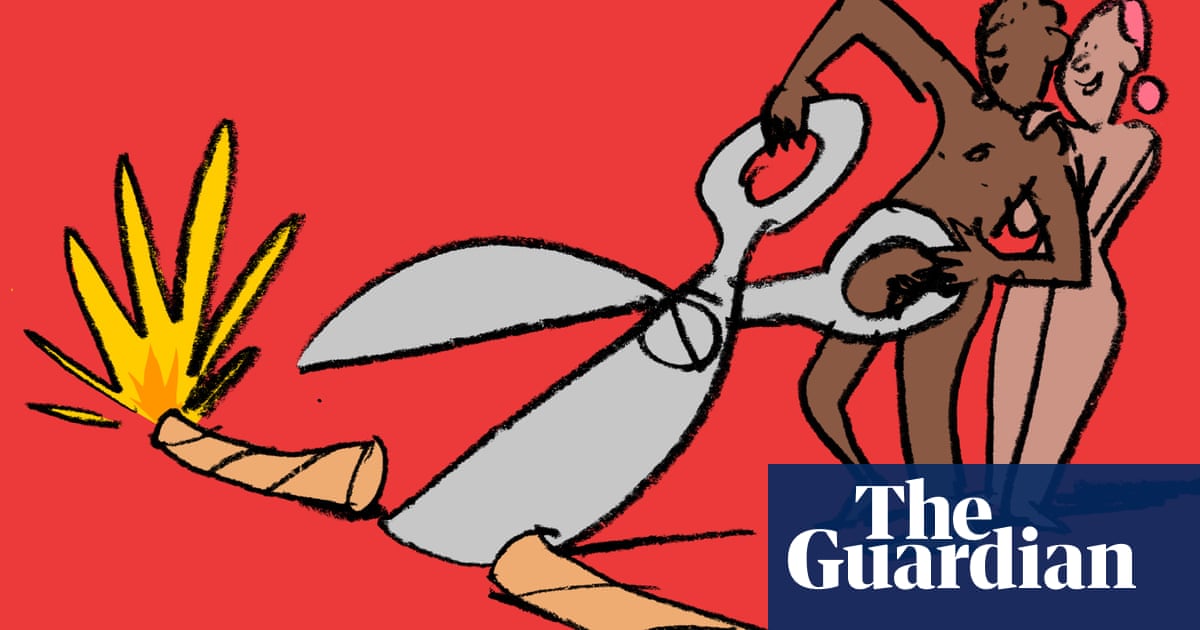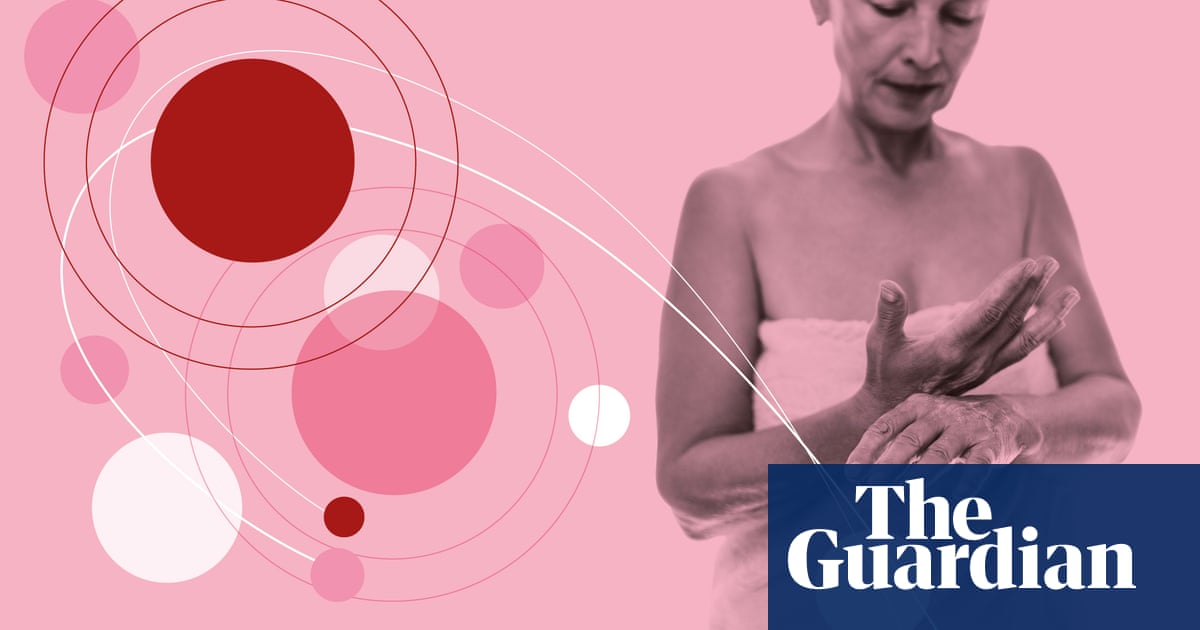
ollie McNish, 38, grew up in Reading, went on from a comprehensive school to Cambridge and has attracted an online following of millions for performances of her poetry. Winner of the Ted Hughes prize for new work in poetry in 2016, she combines protest and humour with a refreshing lack of self-importance. She is a natural champion of women, an ace inequality spotter – a mum who refuses to keep mum. Her new book, Slug, is in no way sluggish: it frisks, rages and rejoices.
You’ve a highly developed sense of injustice – where from?
It’s from my mum. She’s a nurse and has seen it all in terms of people with illnesses and what they have to face. She’s given me a sense of how lucky I am. I’m in a privileged position to speak out because although my family might be embarrassed by my poems, they’re not going to disown me.
Your poetry is the opposite of “put up and shut up”, but do you have to psych yourself up to write about masturbation, cunnilingus, periods and other potentially blush-making subjects?
I have to psych myself up to share. I do get embarrassed. I’m not somebody who finds it easy to talk about this stuff but I find it easy to write about.
Have you ever set out to shock?
No.
Your poems are liberally garnished with swear words. Is there such a thing as “bad” language?
I wish we could question that more. I told my daughter [now 11]: “Culturally, you need to learn the rules. But I’d rather you said, “What a bloody lovely day today!” than to call somebody ugly – which is not a swear word.”
You’ve suffered online abuse, changing your name to “Hollie Poetry” in 2015. How did you cope?
The first time I got threats, it was really scary. I’d put up a pro-immigration poem on YouTube and someone started posting dates of my gigs and said they’d come and show me how much they appreciated my stance. But nothing happened and I thought, hopefully, they’re false threats. I’ve changed my name back because I hated “Hollie Poetry” – a search engine name.
Your portrait of your maternal gran, whom you lost to coronavirus, is lovely and hilarious (she asks her hairdresser, by mistake, for “a cut and blowjob”)…
She was so open-minded and changed a lot of her opinions later in life. She was giggly yet brought up to be so polite. She was aware of not talking about certain things, yet desperate to talk about them. Through our relationship, we each found an outlet. It was lovely to talk to somebody generations ahead who was so open but pretended not to get a dirty joke.
Watching her funeral via live stream must have been terrible…
I’d written most of the book when she was alive. One edit I had to do was to turn the poems about her into the past tense, which wasn’t nice. I don’t like funerals. I didn’t think the live stream would be that bad because I find being hugged while I’m crying annoying. But not being able to see family made me realise how much I actually appreciate these ceremonies. I wanted to hug my mum. I wanted someone to acknowledge how upset I was and there was no one there.
Your poetry online has gone viral (sorry, not a good phrase for now). What is it you have that other poets might lack?
I guess it is that my writing is immediately understandable, although I like poems you have to read 10 times…
And then the freedom with which you write about taboos pulls readers in… Do you see sex drive and writing drive as linked?
All energy drives are linked. I’d call it an orgasm drive – an urge to make something specific from a dream inside your head or skin.
Is prudishness damaging?
The creation of shame is damaging.
You’re a poetic buttress for mothers – your fantastic album Push Kick lets the body speak out…
I was desperate to let people know how hard giving birth is – and how important the aftercare is…
Have you experienced racism through having a mixed-race daughter?
Queueing to see Santa Claus, we heard people saying loudly: “Look at that child, that can’t be her mum.” We just left the queue… So many little things affect my daughter that don’t affect a white person.
For all your seriousness, you described yourself as a chronic giggler at school – are you still?
Yesterday, I had the giggles for an hour. Somebody was explaining to me the health benefits of meditation. Awful, I know, but I kept waking my boyfriend up laughing about it afterwards…
What did Cambridge, where you studied French and German, give you?
Brilliant academic teaching and a sense of unfairness. I was amazed by the students’ certainty of their right to be there. I had friends at state school just as intelligent. My books have been translated so I use my languages. My German is pretty rubbish, my French still good.
What books are on your bedside table?
An Introduction to English Poetry, edited by James Fenton. Andrew McMillan’s Physical – he is amazing. Natalie Diaz’s Postcolonial Love Poem.
Which poetry book do you read repeatedly?
Caroline Bird’s The Air Year. And I love Bloodaxe anthologies such as Staying Alive. I find that reading poetry triggers writing just as much as living does.
Do you read on paper or screen?
On paper. I don’t find any romance in cuddling up with a screen.
What book would you give a child?
So Much by Trish Cooke, illustrated by Helen Oxenbury. My daughter loved it. My daughter did not like books about prejudice – she didn’t like being reminded. We liked this because it is so soppy about family love and shows family is about more than just two parents.
What books are most overrated?
I’m not trying to be nicey nice here but – none. If people get something from a book, even if we don’t think the book is any good, it’s not for us to say.
Slug by Hollie McNish is published by Fleet (£14.99). To support the Guardian order your copy at guardianbookshop.com. Delivery charges may apply




